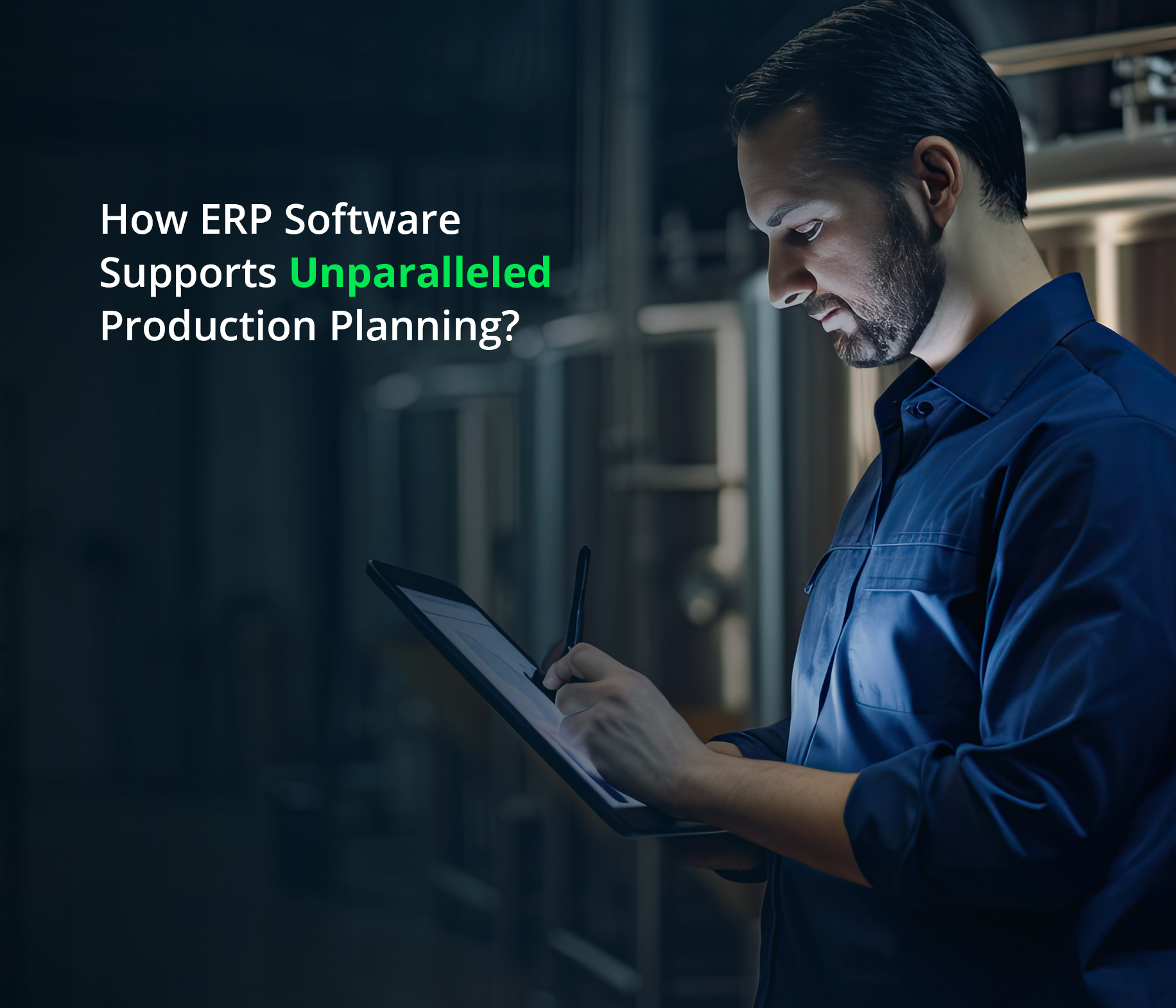E-invoicing Practices in Malaysia
A significant shift is imminent in Malaysia, with mandatory E-Invoicing regulations set to take effect from June 2024. This transition is geared towards enhancing tax collection efficiency and curbing revenue losses. The impending regulations encompass both domestic and cross-border transactions. Unlike countries with established mandatory systems, Malaysia is transitioning from a voluntary to a mandatory model. This transition underscores the importance of businesses' preparedness to avoid penalties.
E-invoicing implementation
Unlike countries with well-established e-invoicing mandates, Malaysia is implementing these changes, which will commence in June 2024 and end in 2027. By 2027, all companies, regardless of size, will be required to adopt the new e-invoicing system, highlighting the nation's commitment to embracing digital advancements.
Regulatory approaches
In Malaysia, e-invoicing is transitioning from post-audit to centralized pre-clearance. Adoption will be mandatory based on revenue thresholds initially and mandatory for all businesses by Jan 2027. No e-signature is required, with 7-year local archiving and foreign archiving possible with conditions.
Formats and standards
e-invoicing is evolving, and Malaysia is set for the 2024 introduction. It mandates XML or JSON formats, enhancing automation and validation. Collaborative efforts by the Inland Revenue Board of Malaysia (IRBM) and Malaysian Digital Economy Corporation (MDEC) aim to boost tax revenue and digital services, with rollout spanning 2024-2027 based on turnover.
Network
The e-invoicing transition, guided by the Inland Revenue Board of Malaysia (LHDNM) and the Malaysian Digital Economy Corporation (MDEC), aims to streamline tax collection through a hybrid system that blends centralized continuous transaction control (CTC) model and the PEPPOL network. Suppliers will be required to submit invoices to LHDNM for validation before forwarding them to buyers. A unique feature of this system is issuing certified serial numbers via email, bolstering authenticity and traceability.
Private sector initiatives
E-invoicing in Malaysia involves the Inland Revenue Board's plan to implement a new electronic payment and invoicing system targeting businesses with RM100m annual sales. The system will use XML, UBL, IDOC, or EDIFACT formats, verified through a Continuous Transaction Controls (CTC) Clearance model.
Digital signature and authentication
Digital signatures and authentication are integral in the upcoming national e-invoicing system. It requires buyer agreement before issuing electronic invoices. The system involves LHDNM validation, approval, and certified serial numbers, with a mandatory QR code attachment for verification. This approach enhances security and ensures the authenticity of e-invoices, complying with the regulations for all tax-registered Malaysian businesses and government entities.

International E-invoicing Practices
International e-invoicing practices vary from country to country, and different models and platforms are adopted globally. Here are some standard practices:
Regulatory approaches
Different countries have adopted varying regulatory approaches to e-invoicing. Some have made it mandatory for certain industries or transactions, while others have provided incentives for adoption without making it compulsory.
Formats and standards
Many countries have adopted international standards for e-invoice formats, such as the UN/CEFACT XML standard or the UBL (Universal Business Language) format. These standards ensure consistency and interoperability across different systems.
Network
The Pan-European Public Procurement Online (PEPPOL) network is used in Europe and beyond to enable secure and standardized e-procurement and e-invoicing processes. It promotes cross-border trade by providing a common framework.
Private sector initiatives
Apart from government-led initiatives, private-sector platforms have emerged to provide e-invoicing services. These platforms often offer additional features like invoice financing, supplier management, and analytics.
Digital signature and authentication
Some countries require digital signatures or authentication mechanisms to ensure the integrity and authenticity of e-invoices.
Global Trends
Overall, the trend globally has been towards increasing the adoption of e-invoicing to improve efficiency, reduce errors, and enhance transparency in financial transactions. It's important to note that the landscape of e-invoicing is dynamic, and practices can change rapidly due to technological advancements and regulatory updates. Cross-border comparisons help stay up-to-date with information, which is the key to gaining the most from it.
Conclusion
As Malaysia prepares to integrate these changes, businesses must proactively align with the impending e-invoicing regime, ensuring compliance, efficiency, and competitiveness in the global business arena.
Fill in the form to learn about the ERP system that can help the digital transition smoother.






